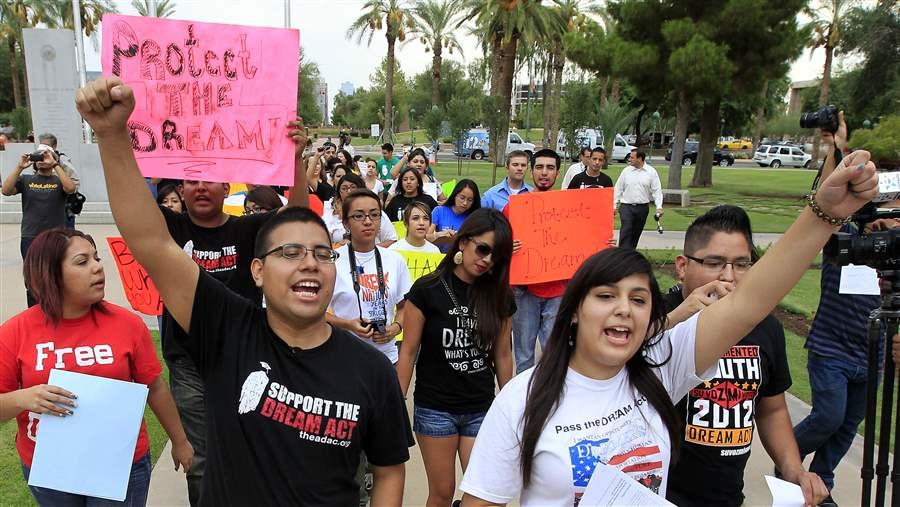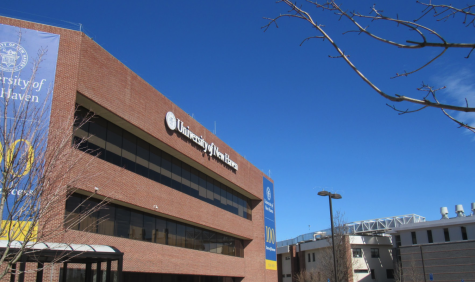University Prepares for an End to DACA
In an email to students Tuesday night, University of New Haven President Steven Kaplan responded to the decision by the Trump Administration to end the Deferred Action for Childhood Arrivals program passed by President Obama in 2012.
Kaplan cited the approximately 800,000 people covered under DACA, which protects them from deportation after being brought to the United States as a child.
“Despite their hard work and sacrifices, the pursuit of their dreams in our nation hangs in the balance,” Kaplan said. “We must not equivocate in our support for them.”
According to the Bipartisan Policy Center, “to qualify, immigrants had to have come to the United States before their 16th birthday and have never been convicted of a felony, among other requirements.”
DACA recipients are usually in search of education and jobs, as over 60 percent have secured a high paying job, according to the Institute of Economic Policy and Taxation.
According to research from ITEP, 1.3 million DACA recipients and potential enrollees contribute an estimated $2 billion a year in state and local taxes. And repealing DACA would lead to $60 billion in foregone federal revenue over ten years, according to the Cato Institute.
President Donald Trump’s reasoning for rescinding the program was to urge Congress to act, saying, along with several Republicans and his Attorney General Jeff Session, that the executive action was unconstitutional.
Juan Hernandez, director of the Myatt Center for Diversity and Inclusion at the University, agrees that there should be Congressional action on the DACA program, but should have happened a long time ago.
“DACA should have 100 percent always come from Congress,” he said, adding that President Obama did the right thing by creating the program.
Hernandez believes that the president should have urged Congress to act before rescinding the program, because he doesn’t “see it happening in 6 months.”
He says students should continue to focus on their studies as a way to show why DACA is so important to their lives. He also encouraged students to stand up and support DACA, including by marching and demonstrating peacefully.
If DACA isn’t resolved in six months and the program is ended, Hernandez said there isn’t a whole lot the University can do to protect students, within legal boundaries.
“If they wanted to, they could go and round them up,” he said.
He pointed out that students could be pulled out of classes, which is why non-DACA students should be concerned about their classmates.
Hernandez hopes “the University will fulfill its obligations” to the students in prioritizing their safety.
Kaplan has not specified a plan should DACA be fully rescinded, but in his email, he urged local and national elected officials to act.
“DREAMers represent the quintessential American pursuit of happiness, and it is our nation’s leaders’ responsibility to protect those pursuits,” he said.
The Dean of Students Office will be hosting a current events discussion on Sept. 21 at 4:30 p.m. in the Moulton Lounge titled, “Should a Country of Immigrants Ban Immigrants?”

Glenn Rohrbacker is a junior at the University of New Haven studying communications with a concentration in journalism and minors in Political Science...











